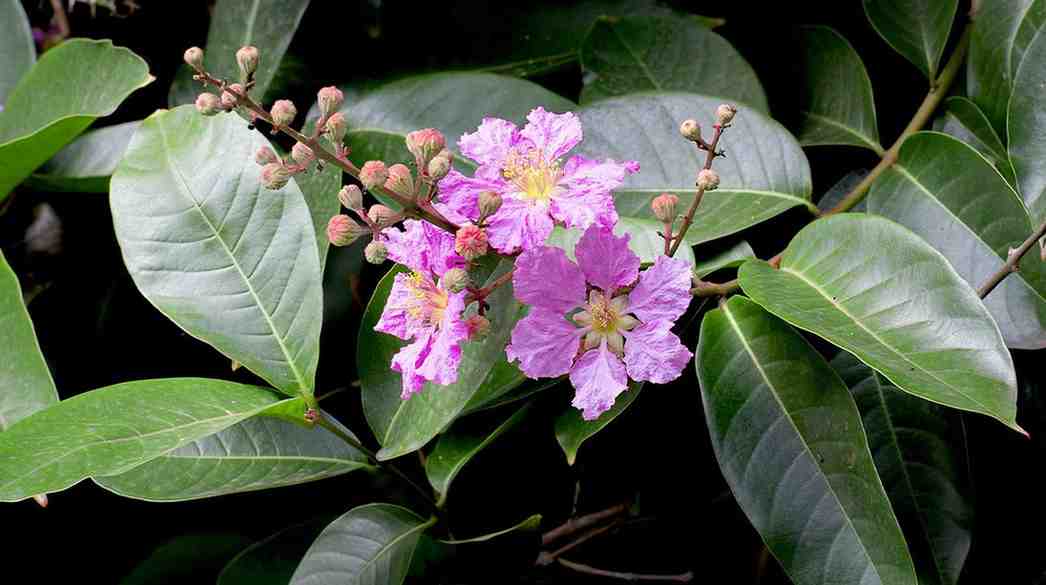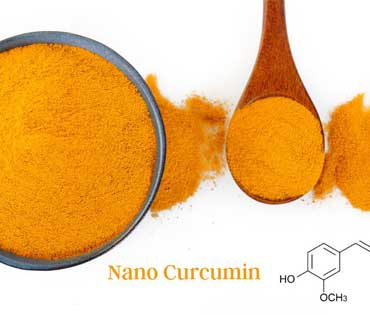A Nature-Based Story: Exploring Banaba and Its Traditional Uses
My first encounter with Banaba was not in a laboratory, but in a quiet village in southern India. There, a local woman brewed a deep purple tea from fresh leaves plucked from a flowering tree. She called it “good for sugar,” sharing what had been observed in her community over generations.
That sip opened a door to a broader exploration of Banaba, known scientifically as Lagerstroemia speciosa, and introduced me to its long-standing use in traditional herbal preparations.
Over the years, working in botanical research and nutraceutical development, I’ve seen how centuries of practical use often converge with contemporary scientific study.
Understanding Banaba Extract
Banaba is a flowering tree native to Southeast Asia, the Philippines, and India. The leaves contain compounds such as corosolic acid and ellagitannins. In traditional contexts, these compounds have been associated with supporting metabolic health and overall well-being.
Traditionally, Banaba has been used in herbal teas and extracts for:
- Blood sugar support
- Kidney-related wellness
- Urinary health
Drying and carefully extracting the leaves yields concentrated extracts with relatively consistent amounts of these naturally occurring constituents, which are now used in nutraceutical preparations.
Ways Banaba Leaves Are Utilized
Banaba leaf extract is often incorporated into dietary and herbal supplements. Its uses in formulations typically include:
- Support for healthy blood glucose management
- Functional teas and beverages
- Herbal blends for metabolic wellness
- Weight management formulas
Herbal Creations’ Approach to Banaba Extract
At Herbal Creations, we aim to provide extracts that retain the traditional essence of Banaba while adhering to modern standards. Our approach includes:
1. Responsible Sourcing
- Leaves are sourced from farmers using sustainable cultivation practices in India.
- Leaves are harvested at maturity to preserve their naturally occurring compounds.
2. Extraction Process
- Controlled, food-grade extraction methods are used to maintain the natural profile of active constituents.
- Extracts can be tailored to different concentrations depending on formulation requirements.
3. Quality Checks
- Every batch undergoes lab testing for purity, microbial safety, and heavy metal levels.
- Standardized extraction ensures consistent composition across batches.
4. Bulk Supply and Regulatory Support
- Products are shipped with full documentation suitable for international supply chains.
- Support is provided for wellness brands, nutraceutical companies, and herbal product manufacturers globally.
Applications for Product Development
Banaba extract can be incorporated into a variety of product forms, including:
- Softgels or capsules
- Functional drinks and powdered mixes
- Herbal teas
- Gummies and combination herbal tablets
It may also be blended with other herbs like cinnamon, berberine, or fenugreek depending on formulation goals.
Ensuring Consistent Quality
The process from leaf to finished extract involves:
- Harvesting: Leaves hand-picked at optimal phytochemical maturity
- Drying: Controlled to retain natural compounds
- Extraction: Food-grade solvents used to yield concentrated extracts
- Standardization: Extracts measured for constituent levels
- Testing: Microbial, heavy metal, and lab analyses
- Packaging: Vacuum-sealed with certificates of analysis
Potential Uses for Banaba Extract
Banaba extract is suitable for formulations targeting metabolic wellness and may be of interest to:
- Nutraceutical companies
- Functional beverage manufacturers
- Ayurvedic and herbal product producers
- Wellness brands
Herbal Creations’ Commitment
We aim to provide ethically sourced, carefully processed, and quality-tested Banaba extract. Our approach is grounded in:
- Nature-focused sourcing
- Consistency in processing
- Adherence to international standards
- Support for formulation and regulatory compliance
FAQs About Banaba Extract
Q1. Is Banaba extract suitable for long-term use?
Banaba has a long history of traditional use. For supplement use, consultation with a healthcare professional is recommended when combining with other medications.
Q2. How is Banaba extract standardized?
Extracts are produced to meet specific concentrations of naturally occurring compounds, with quality testing to verify consistency.
Q3. Can Banaba be used in combination with other herbal ingredients?
Yes, it can be incorporated with other herbs traditionally used for metabolic and wellness support.
Q4. Is the extract suitable for vegetarian and vegan formulations?
Yes, Banaba extract is plant-based, non-GMO, and free from animal-derived ingredients.
Closing Thoughts
Banaba represents a bridge between traditional herbal knowledge and modern nutraceutical applications. With careful sourcing, extraction, and quality control, it can be included in diverse wellness formulations for consumers seeking plant-based options.
*These are not claims; kindly study and verify before processing.





